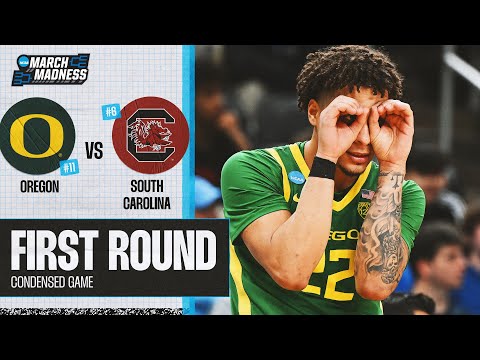
- A bill giving the lottery commission the power to ban individuals from sports betting was approved by the House of Delegates
- The bill is designed to protect athletes from harassment
- Legislation now heads to the Senate
West Virginia legislation to protect athletes from harassment stemming from sports betting outcomes has taken a big step towards becoming reality.
The West Virginia House of Delegates approved HB 4700 by a 90-1 vote, with nine abstentions, to give the West Virginia Lottery Commission the power to ban individuals from sports betting if they’re found harassing athletes, coaches, or officials at a sporting event.
West Virginia would become the latest state to pass legislation to ban individuals from sports betting based on their conduct.
States Have Responsibility to Stop Harassment
Sports betting is a privilege for West Virginia residents, Delegate Shawn Fluharty (D-Ohio), the main author of the bill, told Sports Betting Dime. The state has the responsibility to protect athletes and curb harmful behavior.
Fluharty introduced his bill on Jan. 15. He introduced a similar bill in 2023, but it was not approved.
This legislation, he noted, will give the West Virginia Lottery Commission the power to ensure harassment is not tolerated.
“With an increase in those participating in sports betting combined with the ease of direct access to players through social media, threats to participants cannot be tolerated. Sports betting is a privilege which can be revoked. Player safety is paramount on and off the field and states operating sports betting have an obligation to ensure proper protections are in place,” he said.
If approved by the Senate, the West Virginia Lottery Commission will officially create a legislative rule detailing why individuals could potentially be banned from participating in sports betting in the state. These reason will include, but not be limited to, the following:
- A prior conviction of this code
- A prior violation of an order from the lottery commission
- If the commission determines that the person poses a threat to the safety of patrons or participants in a sporting event or determines that the person has engaged in a pattern of conduct of harassing a sports official, coach, or any participants.
Individuals will be notified of the commission’s decision and will have the opportunity to request a hearing in their defense before the ban is instituted in full.
Next Wave of Legislation?
With West Virginia focused on providing athletes new protections, will other states soon follow suit?
Bordering Ohio included a similar sports betting harassment provision in its 2024-2025 FY budget, which allows state regulators to permanently ban or place sports bettors on an exclusionary list if they’re found to be threatening athletes over a sporting event.
It was the first ever such provision approved by a state.
Ohio Casino Control Commission Executive Director Matt Schuler called for action in January 2023 after he became aware of several incidents of state bettors threatening members of the University of Dayton’s men’s basketball team.
The state recently also approved a ban on player-specific college prop bets after a request from the NCAA. One of the main points of concern from the NCAA regarding player-prop bets on college sports was a proliferation of harassment from bettors towards athletes if they lost a bet.
West Virginia recently passed legislation aimed at addressing harassment in the sports betting industry. The new law, known as the Sports Betting Integrity Act, is designed to protect individuals from harassment and ensure a safe and fair environment for all participants in the sports betting industry.
The legislation comes in response to a growing concern over the prevalence of harassment and intimidation in the sports betting world. With the rise of online sports betting platforms, many individuals have reported experiencing harassment and threats from other bettors, as well as from bookmakers and other industry professionals.
The Sports Betting Integrity Act aims to combat this issue by establishing clear guidelines for acceptable behavior within the sports betting industry. The law prohibits any form of harassment, intimidation, or discrimination based on race, gender, sexual orientation, or any other protected characteristic. It also requires sports betting operators to take proactive measures to prevent and address harassment within their platforms.
In addition to addressing harassment, the legislation also includes provisions for promoting transparency and accountability within the sports betting industry. Operators are required to maintain detailed records of all bets placed on their platforms, as well as any communications between bettors and bookmakers. This information must be made available to regulatory authorities upon request, in order to ensure that all activities within the sports betting industry are conducted in a fair and ethical manner.
Overall, the passage of the Sports Betting Integrity Act represents a significant step forward in protecting individuals from harassment and ensuring the integrity of the sports betting industry. By establishing clear guidelines for acceptable behavior and promoting transparency and accountability, West Virginia is setting a positive example for other states looking to regulate the rapidly growing sports betting market.



